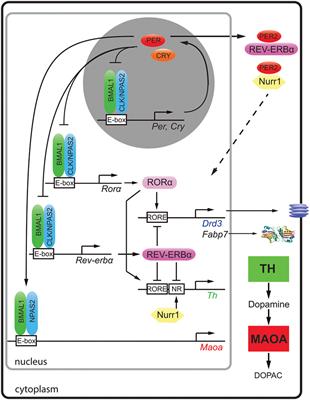EDITORIAL
Published on 16 Feb 2018
Editorial: Intrinsic Clocks
doi 10.3389/fneur.2018.00068
- 1,572 views
- 1 citation
17k
Total downloads
77k
Total views and downloads
Select the journal/section where you want your idea to be submitted:
EDITORIAL
Published on 16 Feb 2018
MINI REVIEW
Published on 27 Nov 2017

MINI REVIEW
Published on 09 Jun 2017

REVIEW
Published on 12 May 2017

MINI REVIEW
Published on 27 Apr 2017

ORIGINAL RESEARCH
Published on 22 Mar 2017

ORIGINAL RESEARCH
Published on 22 Mar 2017

REVIEW
Published on 15 Mar 2017

MINI REVIEW
Published on 10 Mar 2017

MINI REVIEW
Published on 07 Feb 2017

REVIEW
Published on 06 Feb 2017

ORIGINAL RESEARCH
Published on 23 Sep 2016


Frontiers in Psychiatry